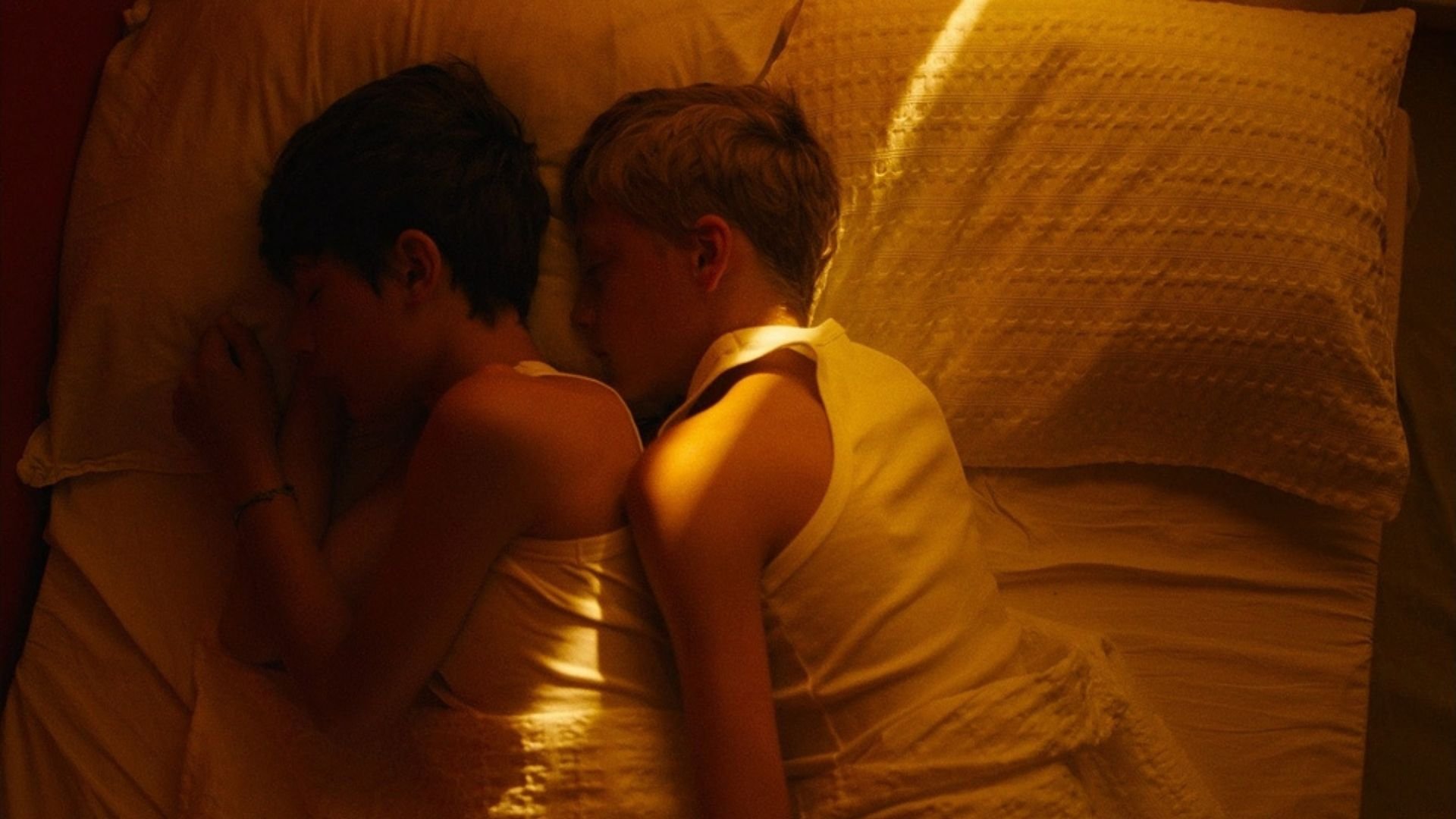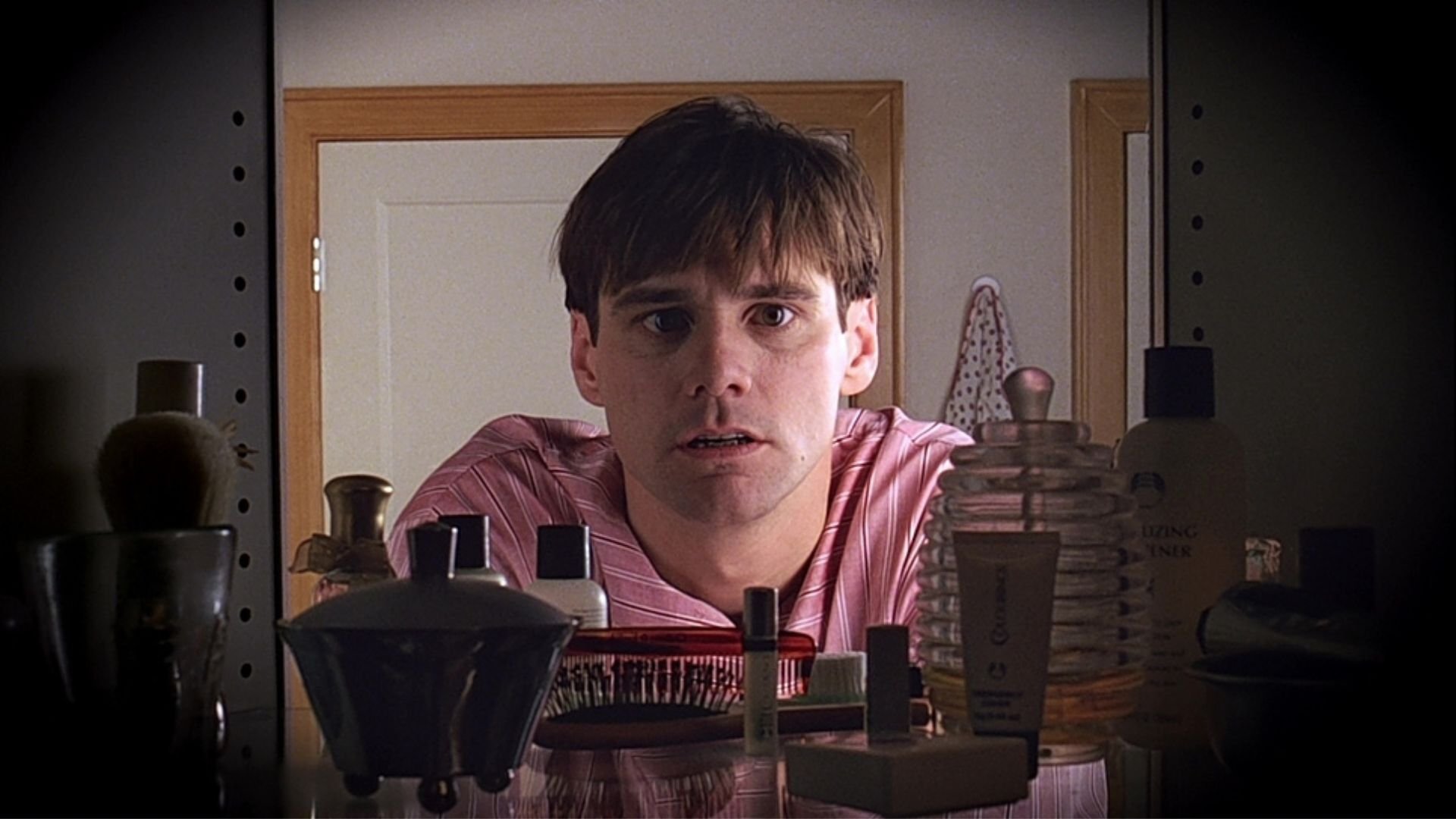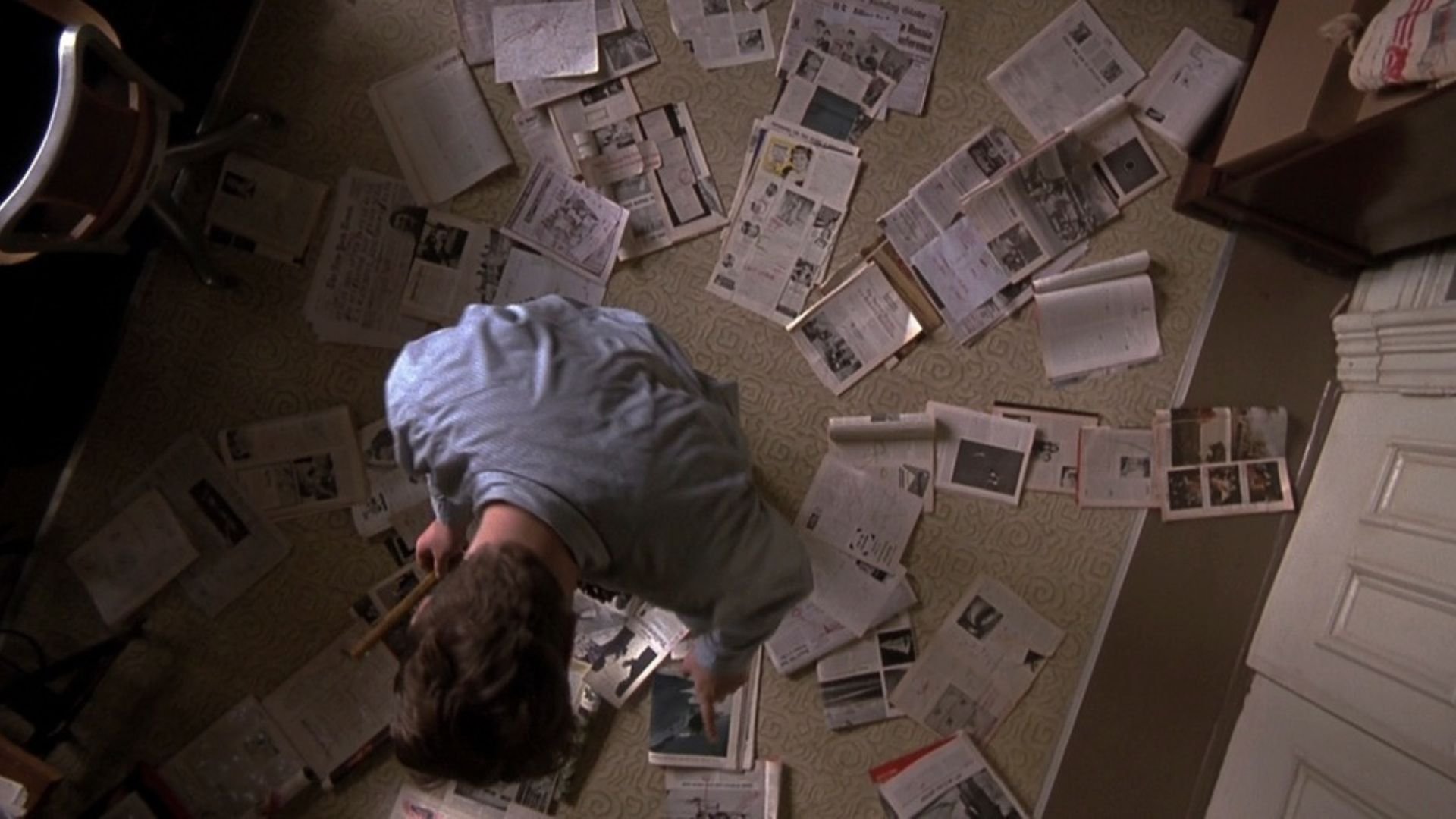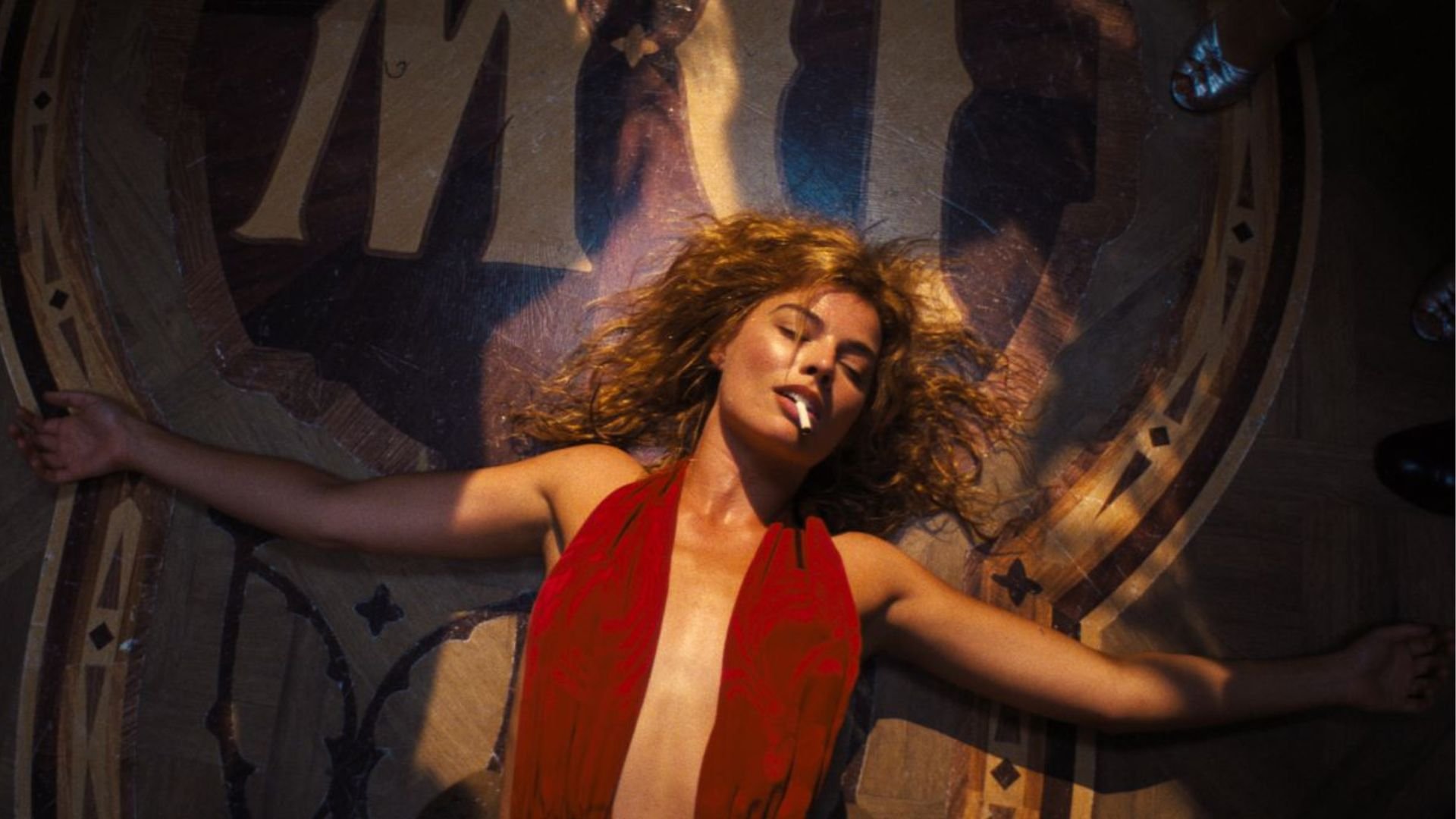5 Unconventional Things You Can Do to Inspire Your Writing
February 2, 2024
The volume and frequency of screenplay work we are expected to complete before we’re considered “serious” writers is almost unfair. After all, the conventions often expected of a professional screenplay can leave us feeling like we’re dodging a minefield of unoriginality. But maybe the answer to writing an inventive script lies in seeking innovative sources of inspiration.
Every writer’s first instinct is to go crate-digging for public domain “intellectual property”—or IP in the current industry. With the same headlines popping up on our news feeds, it’s a mad dash race to get the same source material green lit before your peers do. So, why not get your material from sources that are relatively personal to you?
Below are five unconventional ways to inspire your writing. And I can vouch for them all, especially the most embarrassing.
Read More: From Green to Greenlit: The Steps an Idea Takes to The Screen

Gossip
If this is not your thing, I understand the moral misgivings. However, it has been helpful on more than one occasion to consider the “tea” spilled by my messiest friends as a source of inspiration—with their blessing.
Writers are told to “write what you know” so frequently that it can feel like we’ve wrung out every drop of our viewpoint by the third script. Writing what your friend knows might be the next best thing.
Of course, this requires discretion and permission. But a true story that removes a degree or two from its writer has the potential to reap all the same benefits offered by the “write what you know” adage. Every writer has a friend with a colleague, neighbor, or family member who they can hardly believe exists outside of a Saturday Night Live skit. Just be sure to keep all resemblances in the realm of “purely coincidental.”

Sleep
This method may be unconventional, but that doesn’t mean it is unreliable or untested. A quintessential contemporary example of a dream-turned-cultural phenomenon is YA author Stephanie Meyer’s origin story for the Twilight Saga. Meyer explains that the now ubiquitously recognizable characters of Edward and Bella first came to her in a dream. One can choose to debate the artistic merits of Twilight.
There are several notable examples of "dreams" in the literary canon, such as Frankenstein, The Strange Case of Dr. Jekyll and Mr. Hyde, Catch-22, and other beloved classics. Being a lifelong lucid dreamer and vivid daydreamer, I recognize that this method may be more innate for some than others. Not everyone can even remember their dreams regularly. However, there are scores of writings on techniques for lucid dreaming. Many of them extol deeper benefits.

Talk to Yourself
Not only is talking to yourself healthy but it is scientifically proven to be good for us. Psychologists argue that self-talk improves cognitive function as well as self-encouragement. On a personal note, I find that it makes me accountable for my thoughts. I tend to honor what I think—meaning, remember it more clearly and distinctly—once I’ve spoken it aloud.
More than that, talking to yourself is akin to the hands-free version of Stream of Consciousness writing, a commonly taught tool for writing composition. However, the Stream of Consciousness depends on letting go of the internal monologue to note the thoughts agnostic of linear/logical structure. Speaking your internal monologue—and maybe even going so far as to record it—can make a writer consciously aware of their natural voice or storytelling style, which is one of the trickier writing tenets to define. But it can also serve as character/dialogue inspiration.
Read More: Dialogue: The Art of Subtext

Go File-Junking
I have written at length about how I’ve rifled through old story ideas from my childhood and yielded killer projects, just approaching with a fresh perspective and more sharply honed skills. We all took Language Arts in school. Millennials and the generations that follow are uniquely privileged in that we are more likely to have word-processed files of writing assignments from our tender years. But that doesn’t mean this tip has an age cap.
Many writers like to hold onto old diaries and notebooks from different points in their lives. Sometimes, having forgotten that an idea existed in the first place is what you need to come at it with the angle that will finally make it work for you.

Shuffle Your Music Library
Music is a common source of inspiration for writers. However, I most frequently find that writers like to build bespoke playlists to set the mood for their projects. But how does music help before you have a specific project in mind?
Allow yourself to connect to any given song that comes on. It doesn’t even have to be one you like. Pay attention to how it makes you feel and the images it conjures. And if you are feeling artsy, let the song take over your mind’s eye and see if a music video constructs itself for you. This visualization technique is one that I haven't seen elsewhere, but it works wonders for me.

The Takeaway
We often think of inspiration as a “Eureka!” moment that falls from the sky. And sometimes, it is. Screenwriters should focus on mastering the controllable aspects of their careers, minimizing the impact of chance. Seek inspiration regularly, preferably in irregular places. Keeping things fresh on the page often requires an innovative approach before we open up our Final Draft documents.
The above tips work so well because they plug into the individual perspective. Few writers, if any, will have the same circle of friends. Even fewer will enjoy an identical music collection. And none will ever possess homogeneous psyches. When a writer hears the inevitable, "Why are you the one to tell this story?" it helps if they have an irrefutable answer. Hopefully, these unconventional methods will provide you with just that, on top of a stellar concept.
Read More: Weekend Writing Inspiration: Clear Your Writing Space (Organize Your Writing Space, Part I)
Written by: Chris Courtney Martin




